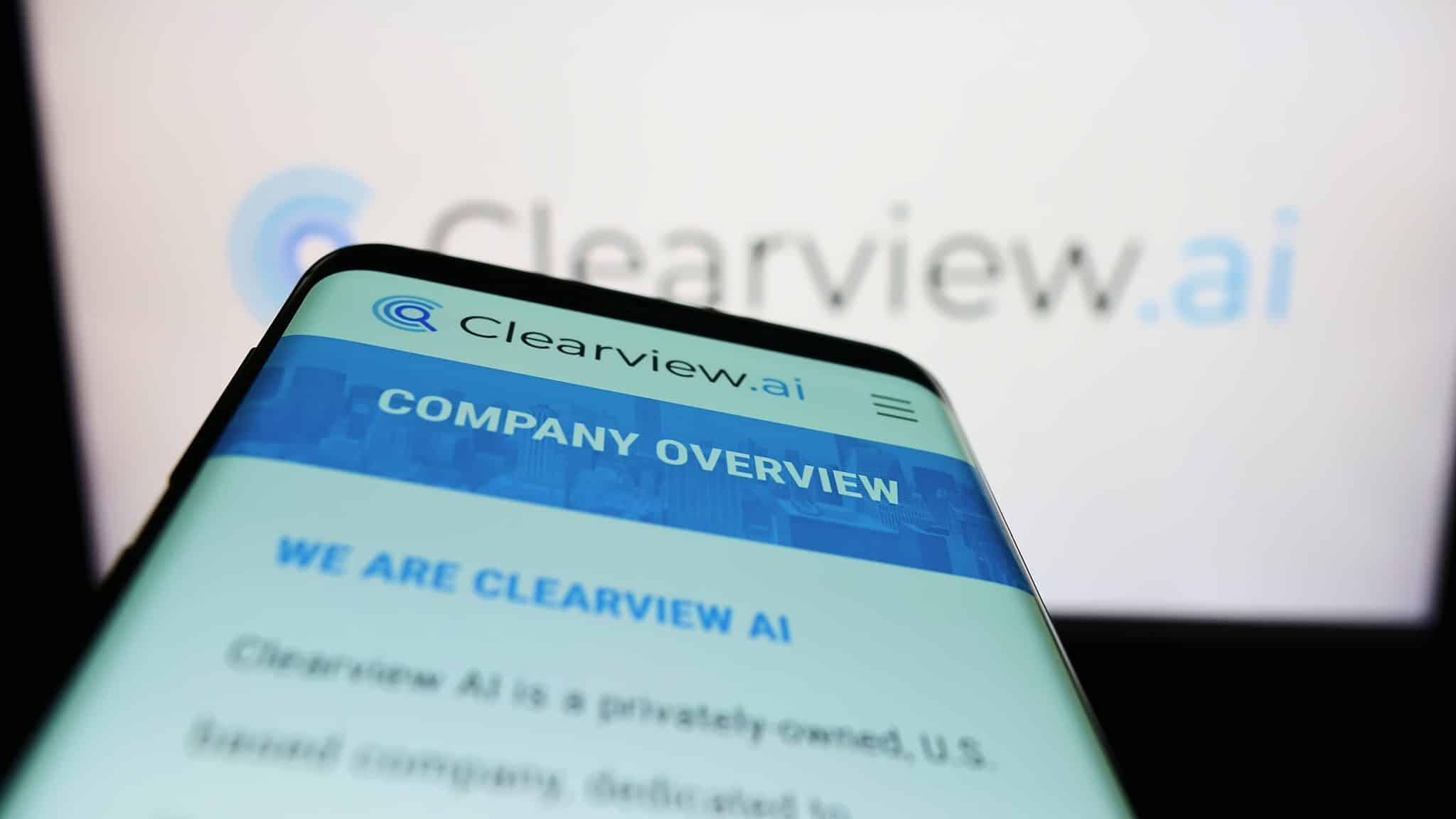Clearview AI continues to slog through a quagmire of legal issues in the U.S., UK and Canada. In California, an appeals court has denied the facial recognition company’s appeal to reverse a trial court decision allowing privacy claims against it to proceed.
A three-justice panel of the First District California Court of Appeal ruled that Clearview AI’s creation of a searchable biometric database of millions of Californians’ data to provide to law enforcement is not covered under California’s anti-SLAPP (strategic lawsuits against public participation) statute, which restricts “lawsuits brought primarily to chill the exercise of speech and petition rights” – i.e., suits intended to stifle constitutionally protected activities.
Clearview claims lawsuits against it ignore rules around protected speech. The company says it simply sorts face photos and presents the results to police, activity that is protected under free speech laws that litigation is trying to stifle. Its legal defense argues that the company “is not extracting information from which you can recreate someone’s face or invade their privacy.”
The plaintiffs say collecting face biometrics for analysis and storage without express consent is an invasion of privacy in itself; their claims “‘rest on Clearview’s collection, analysis, and storage of their likenesses and identifying information for profit,’ regardless of who Clearview’s customers are and the purposes for which they use its service.”
Per the court decision, “plaintiffs do not appear to dispute that the app’s delivery of search results to law enforcement agencies can be considered an exercise of Clearview’s right of free speech, but they argue that ‘incidental speech at the endpoint of the process for some customers is a tail that cannot wag the dog of Clearview’s unlawful biometric harvesting and maintenance conduct.’”
The court’s decision in favor of the plaintiffs effectively says Clearview is not covered by SLAPP and is not working in the public interest – and is therefore not protected. “Clearview is a for-profit corporation, and whatever investigative purposes its government customers may have, Clearview’s purpose in offering a facial recognition service is a commercial one, with its customer base defined by a consent judgment entered in the settlement of litigation. Moreover, Clearview delivers its search results in confidence, expressly prohibiting any public disclosure of them, including later use in court. These factors weigh against a conclusion that its speech is in connection with an issue of public interest.”
“Clearview is neither reporting a crime nor asking the government to do anything. It does not articulate any particular interest in being heard. For these reasons, were we to reach the merits, we would find that Clearview’s furnishing of photos and webpage URLs to government entities that subscribe to its service does not qualify for protection.”
Alberta judge denies Clearview appeal based on public availability exception
Clearview has earned its reputation as a controversial company with outright blocks in many countries. In Canada, an Alberta provincial court recently denied Clearview’s constitutional challenge to privacy regulations.
A report from the Canadian Press notes that the company has not operated in Alberta (or the rest of Canada) since 2021, when a group of privacy commissioners issued an order for Clearview AI to stop operating in the country.
Ironically, in looking at Clearview’s application for a judicial review and a ruling on the constitutionality of Alberta’s personal information protection legislation, the judge found that some parts of Alberta’s legislation are unconstitutional.
But that doesn’t help Clearview, which will not be operating in Alberta anytime soon, despite its argument that social media images constitute publicly available information.
Alberta has a “substantial interest in protecting personal information from being used in a facial recognition database,” says Court of King’s Bench Justice Colin Feasby. “Since people likely don’t expect their social media posts to wind up in a ‘potentially harmful’ database.”
But the judge also says “the commissioner’s decision to take enforcement action against Clearview and not others who collect, use and disclose personal information publicly available on the internet suggests that some collection, use and disclosure of personal information publicly available on the internet is not problematic.” He advises amending the language of the public availability exception on which Clearview based its case.
Clearview heads back to court in UK
A reckoning may be coming in the UK, as well. Next month, Clearview AI will head to court to fight the UK data authority’s appeal, following the biometric face-matching service’s victory in its own 2023 appeal against a 7.5 million pound fine from the Information Commissioner’s Office for breaching data protection law – and a ban on operations.
The hearing has been scheduled for June 9 to 11, according to MLex.
Related Posts
Article Topics
Alberta | biometric data | biometric identifiers | biometrics | California | Canada | facial recognition | lawsuits | UK | United States
Latest Biometrics News
At a talk for KuppingerCole’s European Identity and Cloud Conference (EIC), Markus Sabadello, CEO of Danube Tech, looks at the…
A workshop chaired by World Bank officials Nay Constantine, Tunde Fafunwa and Chris Tullis addressed how electronic signatures enable remote…
The government of Rwanda is investing 12.2 billion Rwandan francs (approximately US$8.5 million) in the upcoming 2025-2026 fiscal year to…
Experts from the United Nations Development Program (UNDP) have advised governments implementing digital ID systems to make procurement an integral…

